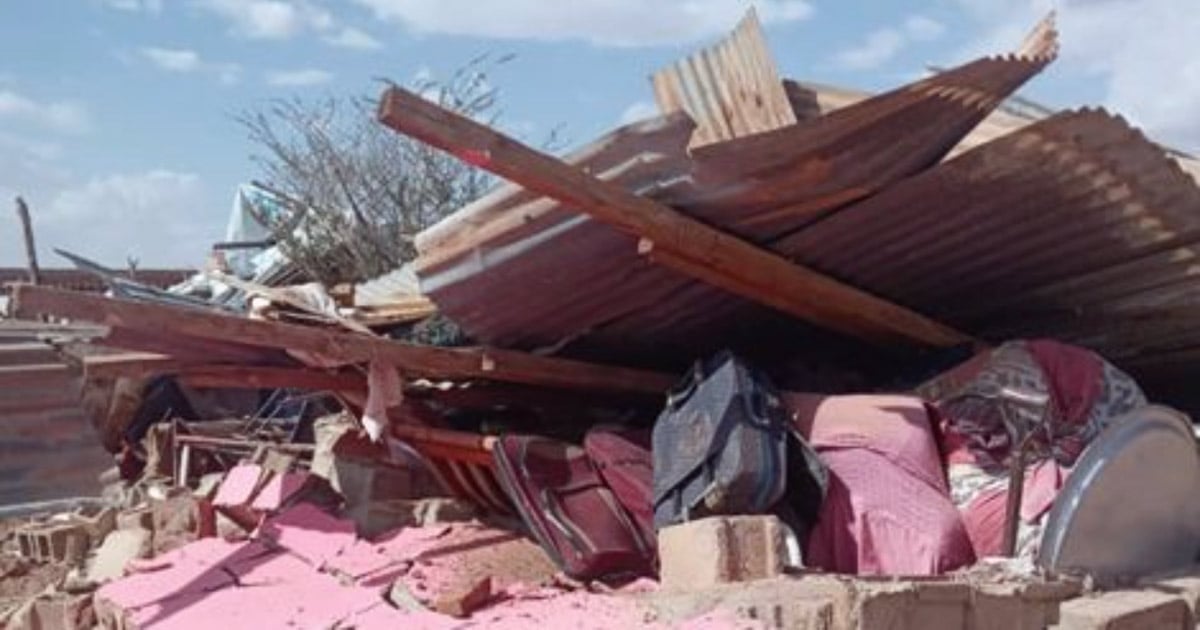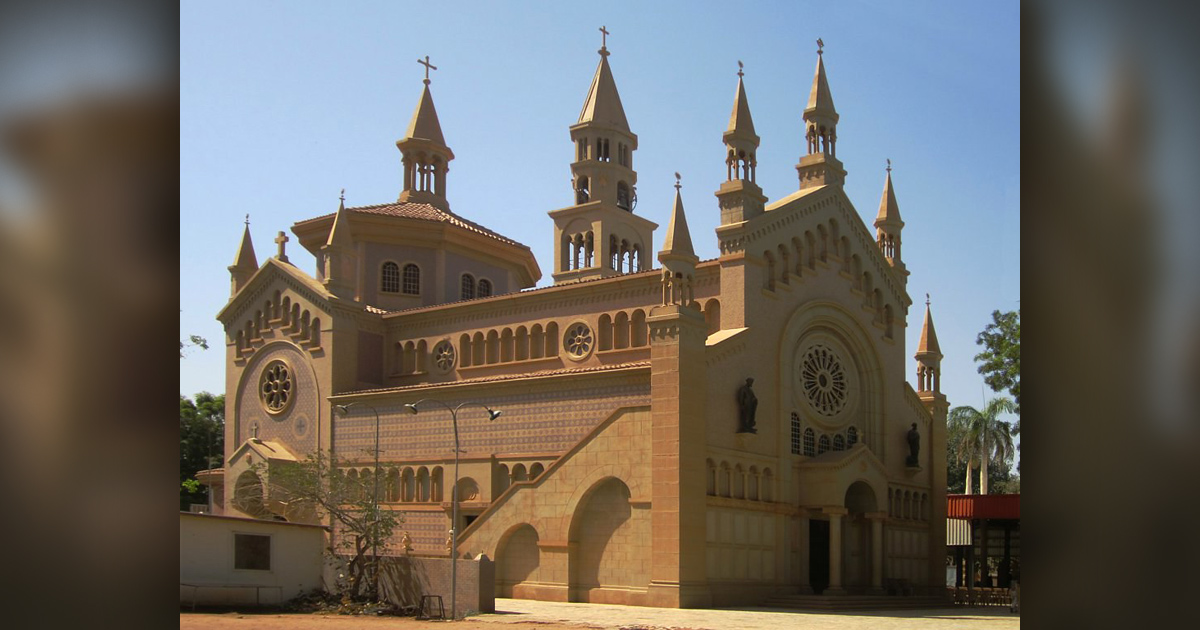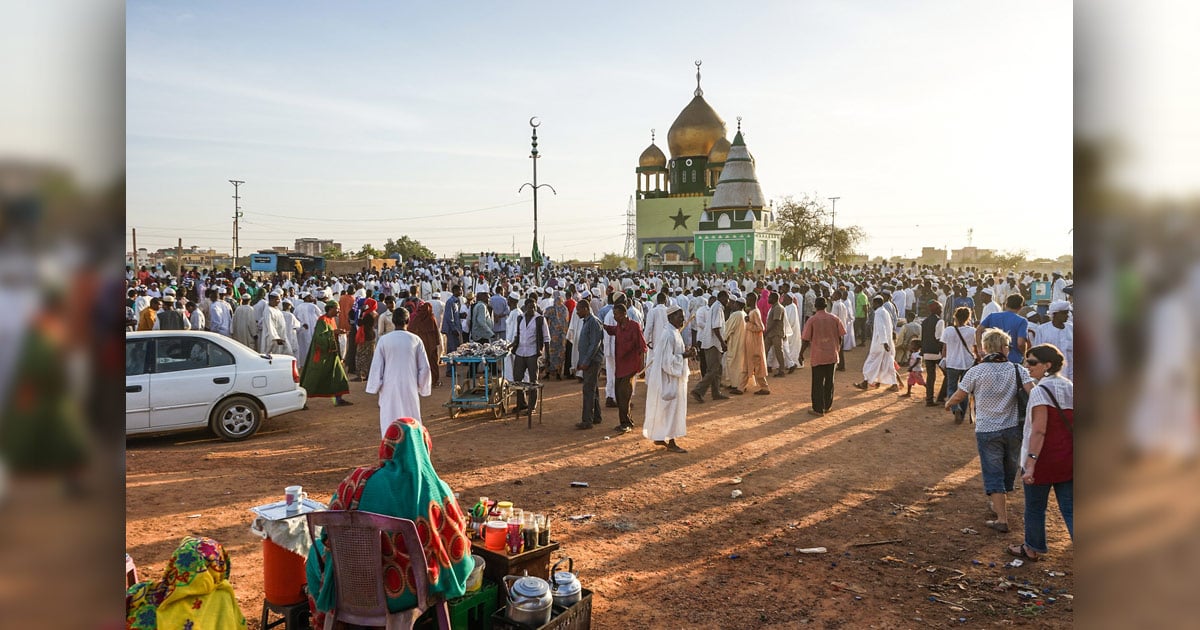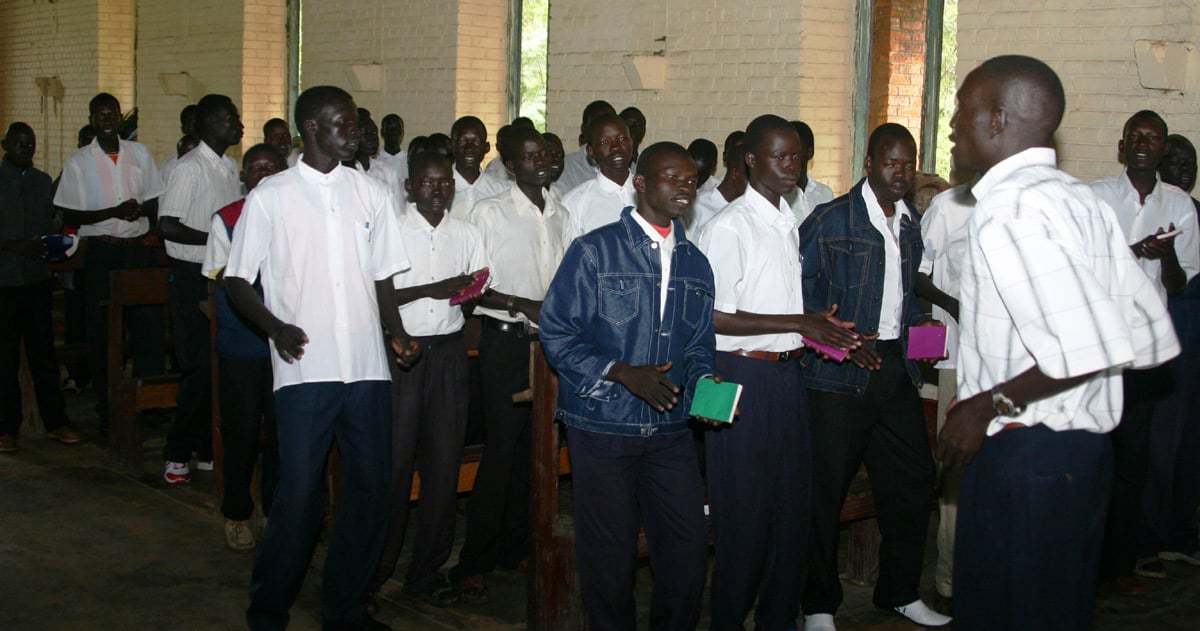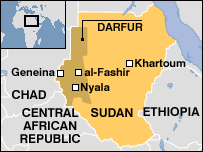 For many evangelical Christians, any news of war and suffering in Sudan immediately conjures up thoughts of persecution of black Christians by troops or militias loyal to Khartoum's Islamist government. Of course, I'm glad for this increased awareness, for when I joined The Voice of the Martyrs in 1997, almost no one had heard of the brutal persecution in this east African country. Thankfully, this lack of publicity has significantly changed in the last seven years, especially within the Christian community here in North America.
For many evangelical Christians, any news of war and suffering in Sudan immediately conjures up thoughts of persecution of black Christians by troops or militias loyal to Khartoum's Islamist government. Of course, I'm glad for this increased awareness, for when I joined The Voice of the Martyrs in 1997, almost no one had heard of the brutal persecution in this east African country. Thankfully, this lack of publicity has significantly changed in the last seven years, especially within the Christian community here in North America.
So when news reports of the crisis in the Darfur region of western Sudan began to circulate and world governments began to pressure the Sudanese government to put an end to the conflict there, it was assumed by many that this was just a continuation of the war in southern Sudan. There are distinct differences, however, that need to be noted. The conflict in Darfur is between the Janjaweed, a Sudanese-government-supported armed militia recruited from local Arab tribes, and the black African peoples of the region. The conflict has been widely described as "ethnic cleansing" and that is very much what it is.
The conflict began in early 2003 after local rebel groups, the Justice and Equality Movement (JEM) and the Sudanese Liberation Movement (SLA) who had long accused the government of oppressing black Africans in favour of Arabs, attacked government forces and installations. The government was caught by surprise and had very few troops in the region and a large proportion of them were of Darfur origin. Given this, the government found itself in the position of being unsure whether it could trust many of its own units. Its response was to mount a campaign of aerial bombardment supporting ground attacks by an Arab militia recruited from local tribes and armed by the government, dubbed the "Janjaweed." While the conflict has a political basis, it has also acquired an ethnic dimension as civilians were deliberately targeted on the basis of their ethnicity. An insightful editorial by Salim Mansur in today's (August 18, 2004) London Free Press (click here) underlines the racial bigotry behind this tragedy and why the Arab world has not intervened on behalf of their black Muslim "brothers" in Darfur.
An economic dimension is also present related to the long standing competition between pastoralists (generally Arab) and farmers (generally non-Arab) for land and water. Religion plays a relatively minor role in this conflict, as both sides are predominantly Muslim. In fact, in a strange twist, the Economist reported in May that the Janjaweed were said to have "torched dozens of mosques and torn up and defecated on copies of the Koran." Hence, this present conflict cannot, in my opinion, truly be said to be a religious conflict. It is a human rights and humanitarian crisis, to be sure, but to seek to address it as a religious liberty issue would be inaccurate. This is why The Voice of the Martyrs has chosen to remain silent about this terrible tragedy.
It is not that we have not wanted to say something. It is not easy to watch such a travesty take place in a country which I have visited on a number of occasions and where we have invested a great deal of time and resources. But for over 30 years, The Voice of the Martyrs has had only one mandate: to serve the persecuted Christians worldwide. There are two key words in that mandate: Christians and persecuted. The crisis in Darfur only indirectly affects the few Christians in the region and their suffering has to do with their ethnicity more than their faith. If the believers there converted to Islam, it is entirely likely they would still suffer from Janjaweed attacks. The situation there also cannot be said to be one of religious persecution. The intolerance being demonstrated is not for religious reasons but for ethnic and economic ones. There is nothing that I have seen or read that would compel me to think that one side is trying to force the other to embrace another religious belief system, even a more militant form of Islam. I have often said that when persecution starts to mean anything, it will soon come to mean nothing. In my opinion, those who would try to link the Darfur crisis to a religious liberty issue run the risk of contributing to the watering down the concept until it means virtually nothing.
That is not to say, however, that Christians ought not to speak up against the atrocities going on in Darfur and seek to find ways to help. All human beings, created in the image of God, have the right to life, its necessities and freedom from abuse. These rights are being seriously threatened by the ongoing conflict in Darfur. There are a number of organizations involved in relief work in the region as any search on Google or Yahoo will reveal. We urge you to seek God's direction as to how you can respond.
For information on persecution of Christians in Sudan, click here.

 Population
Population